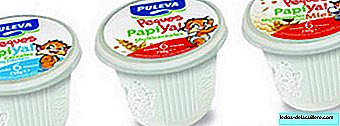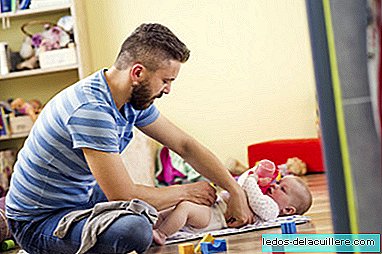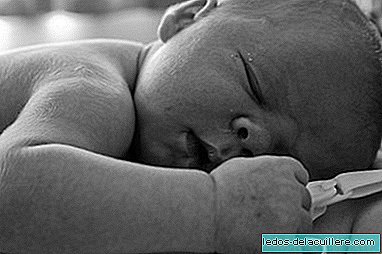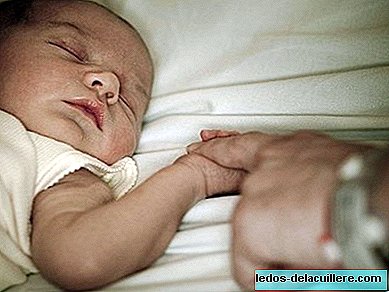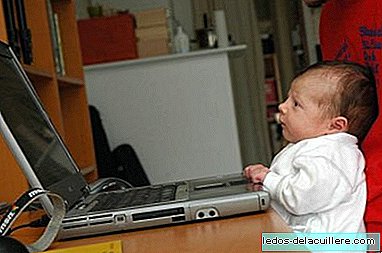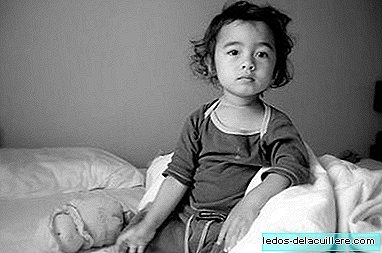
Many children wet the bed after removing the diaper, although little by little, as they grow, many stop doing so. It is considered that a child has nocturnal enuresis when there is an involuntary discharge of urine after the age at which night bladder control should have been achieved.
It is around the age of five when the child should have acquired that control. Bedwetting is a very common disorder although underdiagnosed. It is estimated that bedwetting affects approximately one in five children aged five to six years, and is more common in boys.
Without treatment, between 1-3% of adolescents and adults continue with the problem. Although it sometimes disappears with age spontaneously, there are cases in which it occurs too late or does not remit without treatment, and can create a negative emotional impact on the child and family, together with problems in social relationships, According to the specialists.
Precisely the changes in the lifestyle of children, which sometimes forces them to sleep outside the home (camps, excursions ...), have made parents consult pediatricians more frequently for this problem.
Between the general measures that specialists advise for bedwetting highlights: the demystification of the problem, avoid punishment, restrict fluid intake before going to sleep and go to the bathroom before bedtime.
Pediatricians believe that an interview is essential in order to know what type of bedwetting it is, assess its severity and impact (number of wet nights / week), know the attitude of the patient and parents and if there has been a history in the family.
In addition, to know the bladder capacity and other parameters, they advise that it be completed a "voiding diary", involving the child.
Given the enuresis, specialists have pointed out in the recent 9th Course of Update in Pediatrics, organized by the Spanish Association of Primary Care Pediatrics (AEPap), that alarm systems and desmopressin are safe and effective treatments, which can be recommended from Primary care to solve the problem. The choice of one or the other, depending on different factors, will improve the result.
Finally, remember that sphincter control It is a maturation process and there are psychological issues that can influence eneuresis, so if it begins to affect the habits, emotional health or rest of the child it is better to see a specialist.


